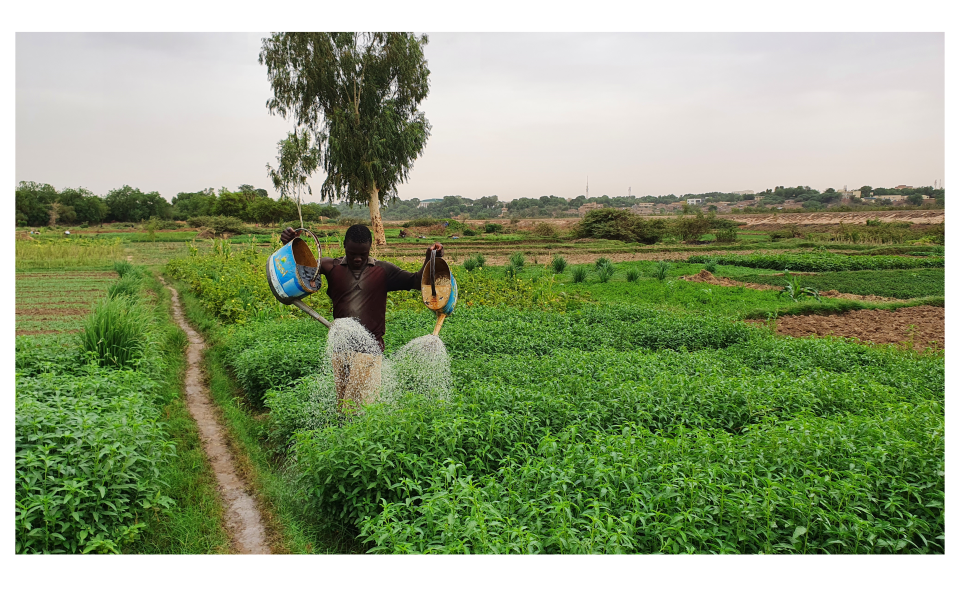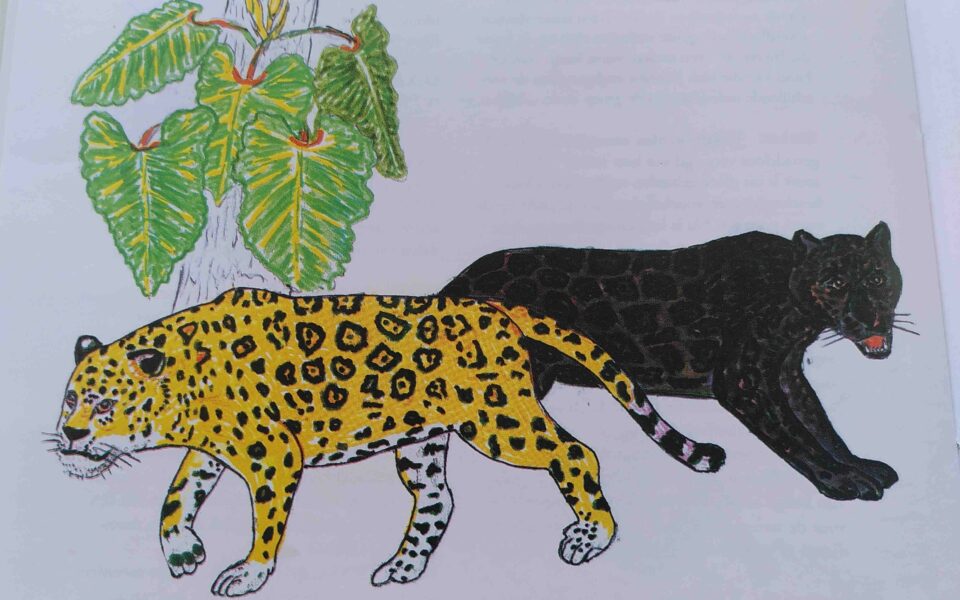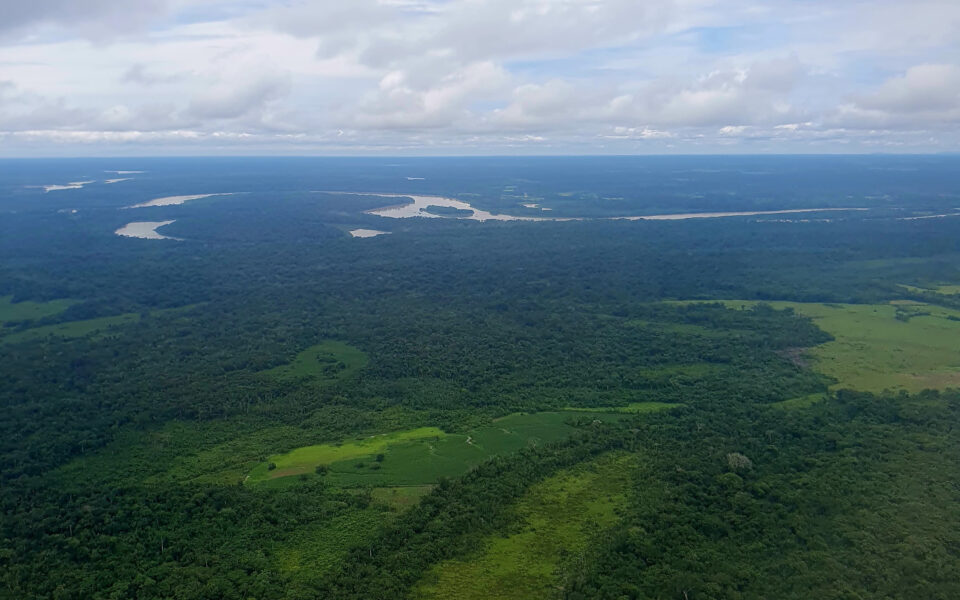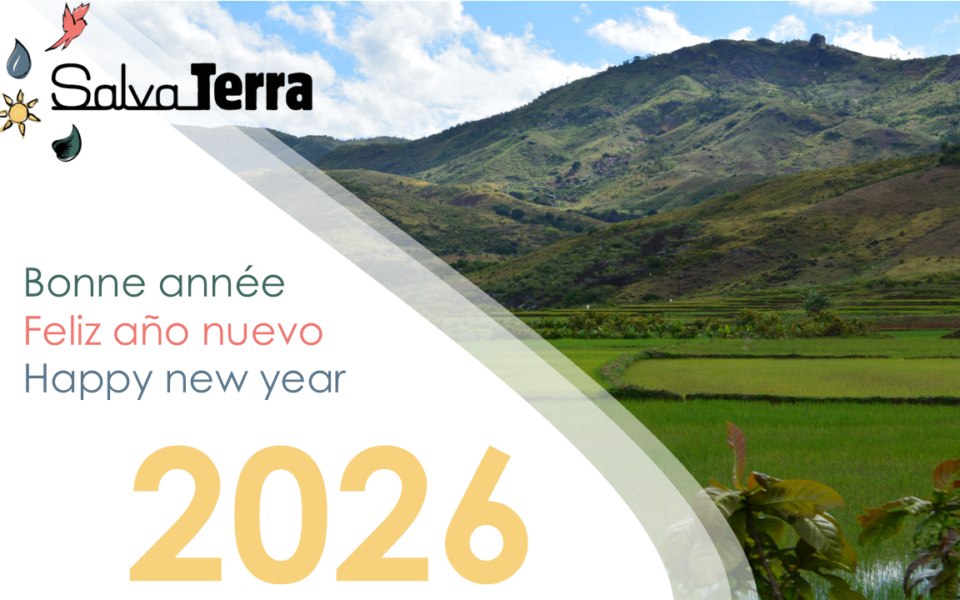News

2 November 2022
Market study for the financing of small-scale private irrigation in Niger
With temperatures rising 1.5 times faster than the global average, maximum temperatures exceeding 45 degrees Celsius, limited, decreasing and unpredictable rainfall, and an increase in multi-year droughts, Niger is on the frontline of climate change. However, the country has an irrigable potential of more than 10 million hectares, more than half of which is compatible with small-scale private irrigation, especially for vegetable production. The lack of accessible financial solutions, however, is a brake on investment for producers, and limits their ability to modernize their irrigation systems, which generally remain very artisanal (see photos)
SalvaTerra’s expertise was initially mobilized to study the existing and potential demand for irrigation solutions: identification of production and marketing methods of key crops, characterization of existing business models and actors for irrigation equipment, and evaluation of the costs and benefits of available irrigation technologies. In a second step, it was a question of analyzing the demand for potential by assessing the perceptions of farmers, equipment suppliers and other stakeholders on the different irrigation technologies, as well as their financial capacities and their conditions of access to finance.
A lire aussi...

13 Jan. 2026
Etude de faisabilité du projet « Forêts, Jaguars et peuples du plateau des Guyanes »
Le projet « Forêts, Jaguars et peuples du plateau des Guyanes », porté par Panthera avec ACT et IEPÉ, vise à renforcer la protection de la biodiversité sur le plateau guyanais en s’appuyant sur le jaguar comme espèce emblématique. Inscrit dans la Feuille de route « Jaguar 2030 », il couvrira les quatre pays du plateau (Guyana, Suriname, Guyane, Brésil) pour un budget estimé à 6,5 M€, dont 2 M€ sollicités auprès du FFEM. Prévu sur quatre ans à partir de 2026, le projet répond aux pressions croissantes liées aux infrastructures, à l’exploitation minière et forestière et à l’expansion agricole, responsables de la fragmentation des habitats. Il prévoit d’améliorer les connaissances sur le jaguar, de renforcer les capacités des communautés locales et peuples autochtones, de développer des activités génératrices de revenus alternatives et de renforcer la coopération régionale.

10 Nov. 2025
Freiner la déforestation sur les fronts pionniers amazoniens
Dans le cadre de l’Évaluation au champ large (ECL) des interventions du Groupe AFD et du FFEM dans le biome amazonien, SalvaTerra et TERO ont rédigé pour l’Agence française de développement un nouveau numéro de la collection Questions de développement (QDD n°97 – octobre 2025), intitulé « Quels leviers pour freiner la déforestation sur les fronts pionniers en Amazonie ? ».
